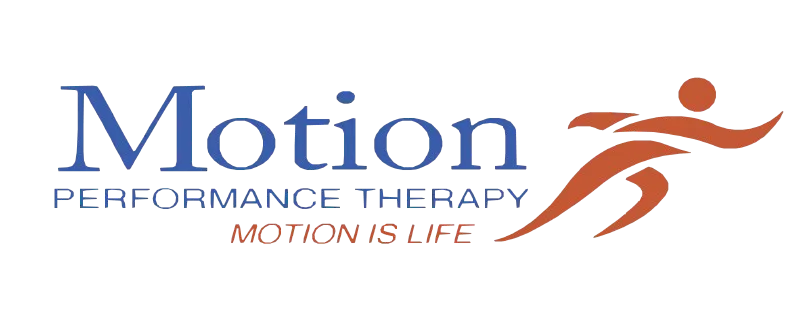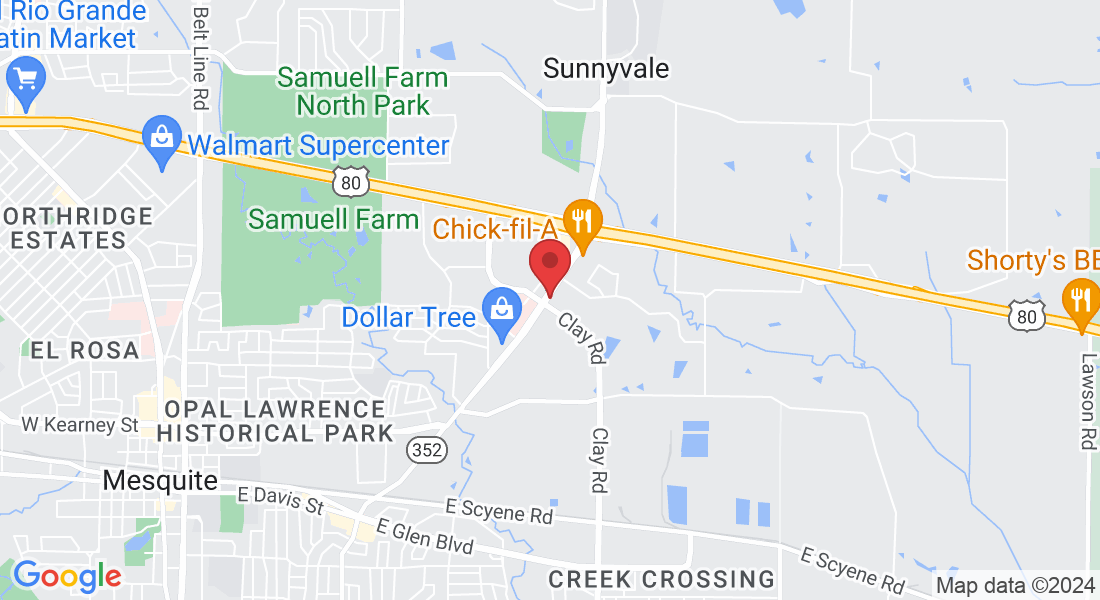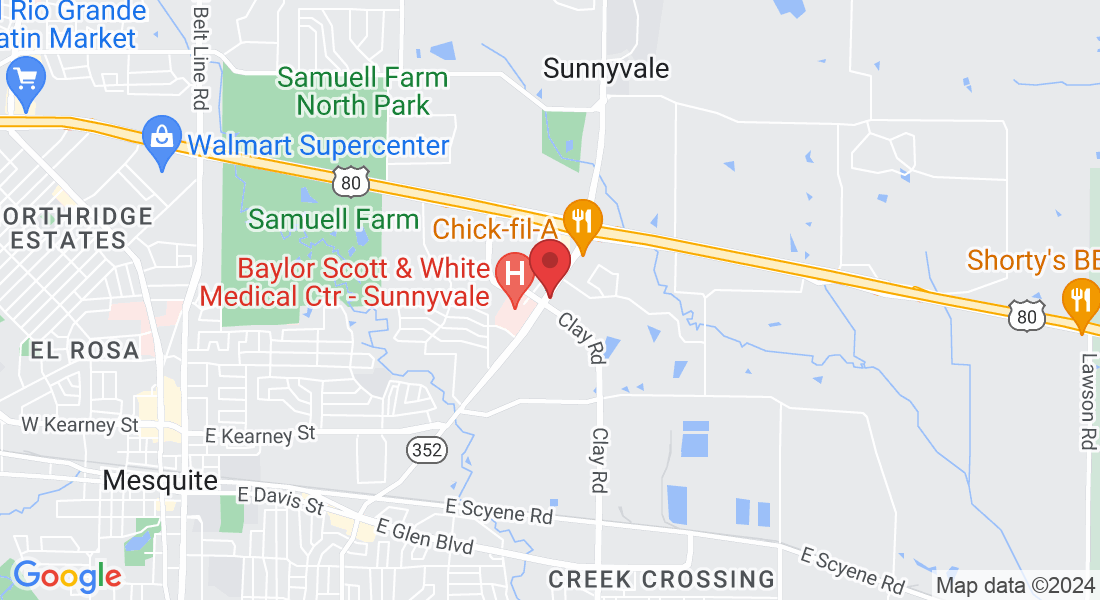214-256-3778
(214) 256-3770


Knee Arthroscopy
If you’re suffering from knee pain but are unsure why, Dallas Orthopedic and Shoulder Institute offers comprehensive knee arthroscopy to locate the root cause. Reed Bartz, MD, provides safe and effective knee arthroscopy treatment to eliminate your discomfort. Call the Sunnyvale, Texas, office to schedule an appointment or book through the online reservation system.


Knee Arthroscopy
If you’re suffering from knee pain but are unsure why, Dallas Orthopedic and Shoulder Institute offers comprehensive knee arthroscopy to locate the root cause. Reed Bartz, MD, provides safe and effective knee arthroscopy treatment to eliminate your discomfort. Call the Sunnyvale, Texas, office to schedule an appointment or book through the online reservation system.
Knee Arthroscopy Q & A
What is knee arthroscopy?
Knee arthroscopy is a minimally invasive diagnostic procedure to assess the condition of this critical joint.
Dr. Bartz carefully inserts a small fiber-optic camera into your knee through a small incision. This tiny camera provides visual information and provides him with vital information to provide additional care and treatment.
Knee arthroscopy often helps minimize the need for larger surgical procedures. However, more invasive surgeries may include knee arthroscopy to provide visual support during the procedure.
Am I a candidate for knee arthroscopy?
Knee arthroscopy is commonly recommended by medical experts when you’re not finding relief from nonsurgical treatments, such as physical therapy, medication, and injections. In addition to providing diagnostic information, knee arthroscopy may also prove useful in:
✔ Meniscus repair
✔ Reconstruction surgery, like total knee replacement
✔ Removal of inflamed synovial tissue
✔ Treatment of infection
What can I expect during knee arthroscopy?
Before performing knee arthroscopy, Dr. Bartz provides a comprehensive exam to make sure it’s a safe procedure for you to undergo.
Dr. Bartz administers local anesthesia to prevent pain in the treatment area. Depending on your needs, Dr. Bartz may opt for local, regional, or general anesthesia.
The medical team first secures your knee into a device to stabilize it during the procedure. A small incision then provides entry into the knee after cleaning the treatment area. Dr. Bartz inserts the thin, arthroscope camera into the incision.
After the procedure, a few stitches and bandages securely seal the wound. It’s recommended to keep the stitches covered during the recovery process. Additionally, it’s important to stay off your feet for a few days and rest with your leg elevated.
Is knee arthroscopy safe?
Knee arthroscopy is minimally invasive, requiring only a small incision. It’s commonly used to alleviate the need for more invasive surgery to diagnose knee-related conditions. This procedure is safe when performed by a qualified medical professional like Dr. Bartz.
Your health care provider administers anesthesia before treatment to reduce pain and discomfort. Anesthesia may cause side effects, such as nausea, vomiting, and hypothermia. Dr. Bartz works with you to determine the best anesthetic based on your procedure and medical history.
It’s important to follow aftercare instructions provided by Dallas Orthopedic and Shoulder Institute after your procedure. Following knee arthroscopy, you may experience swelling and knee stiffness. Although rare, blood clots may also develop in a small percentage of patients, though post-treatment plans help mitigate this.
Call to schedule an appointment at the Sunnyvale, Texas, office today or book through the online reservation system.
Knee Arthroscopy Q & A
What is knee arthroscopy?
Knee arthroscopy is a minimally invasive diagnostic procedure to assess the condition of this critical joint.
Dr. Bartz carefully inserts a small fiber-optic camera into your knee through a small incision. This tiny camera provides visual information and provides him with vital information to provide additional care and treatment.
Knee arthroscopy often helps minimize the need for larger surgical procedures. However, more invasive surgeries may include knee arthroscopy to provide visual support during the procedure.
Am I a candidate for knee arthroscopy?
Knee arthroscopy is commonly recommended by medical experts when you’re not finding relief from nonsurgical treatments, such as physical therapy, medication, and injections. In addition to providing diagnostic information, knee arthroscopy may also prove useful in:
✔ Meniscus repair
✔ Reconstruction surgery, like total knee replacement
✔ Removal of inflamed synovial tissue
✔ Treatment of infection
What can I expect during knee arthroscopy?
Before performing knee arthroscopy, Dr. Bartz provides a comprehensive exam to make sure it’s a safe procedure for you to undergo.
Dr. Bartz administers local anesthesia to prevent pain in the treatment area. Depending on your needs, Dr. Bartz may opt for local, regional, or general anesthesia.
The medical team first secures your knee into a device to stabilize it during the procedure. A small incision then provides entry into the knee after cleaning the treatment area. Dr. Bartz inserts the thin, arthroscope camera into the incision.
After the procedure, a few stitches and bandages securely seal the wound. It’s recommended to keep the stitches covered during the recovery process. Additionally, it’s important to stay off your feet for a few days and rest with your leg elevated.
Is knee arthroscopy safe?
Knee arthroscopy is minimally invasive, requiring only a small incision. It’s commonly used to alleviate the need for more invasive surgery to diagnose knee-related conditions. This procedure is safe when performed by a qualified medical professional like Dr. Bartz.
Your health care provider administers anesthesia before treatment to reduce pain and discomfort. Anesthesia may cause side effects, such as nausea, vomiting, and hypothermia. Dr. Bartz works with you to determine the best anesthetic based on your procedure and medical history.
It’s important to follow aftercare instructions provided by Dallas Orthopedic and Shoulder Institute after your procedure. Following knee arthroscopy, you may experience swelling and knee stiffness. Although rare, blood clots may also develop in a small percentage of patients, though post-treatment plans help mitigate this.
Call to schedule an appointment at the Sunnyvale, Texas, office today or book through the online reservation system.
Our Patient Reviews
Our Locations
Dallas Orthopedic and Shoulder Institute - Sunnyvale
Office Hours
Monday through Friday - 8:00am – 5:00pm
Saturday & Sunday – CLOSED
Dallas Orthopedic and Shoulder Institute - Sunnyvale
Clinic Hours
Monday through Thursday - 7:00 am - 5:30pm
Friday, Saturday & Sunday - CLOSED
Phone Number:
214-256-3778
Address
222 South Collins Road, Suite 101
Sunnyvale, TX 75182
Dallas Orthopedic and Shoulder Institute - Kaufman
Office Hours
Monday through Thursday - 8:00am –5:00pm
Friday, Saturday & Sunday - CLOSED
Motion Performance Therapy - Kaufman
Clinic Hours
Monday through Thursday - 8:00am –5:00pm
Friday, Saturday & Sunday - CLOSED
Phone Number:
214-256-3778
Address
874 Ed Hall Dr Suite 104, Kaufman, TX 75142 (Professional building next to Texas Health Presbyterian Hospital in Kaufman)


Copyright 2023 Dallas Orthopedic and Shoulder Institute. All rights reserved
Our Patient Reviews
Our Locations
Dallas Orthopedic and Shoulder Institute - Sunnyvale
Office Hours
Monday through Friday - 8:00am – 5:00pm
Saturday & Sunday – CLOSED
Motion Performance Therapy - Sunnyvale
Clinic Hours
Monday through Thursday - 7:00 am - 5:30 pm
Friday, Saturday & Sunday - CLOSED
Phone Number:
214-256-3778
Address
222 South Collins Road, Suite 101
Sunnyvale, TX 75182
Dallas Orthopedic and Shoulder Institute - Kaufman
Office Hours
Monday through Thursday - 8:00am – 5:00pm
Friday, Saturday & Sunday - CLOSED
Motion Performance Therapy - Kaufman
Clinic Hours
Monday through Thursday - 7:00 am - 5:30 pm
Friday, Saturday & Sunday - CLOSED
Phone Number:
214-256-3778
Address
874 Ed Hall Dr Suite 104, Kaufman, TX 75142 (Professional building next to Texas Health Presbyterian Hospital in Kaufman)





